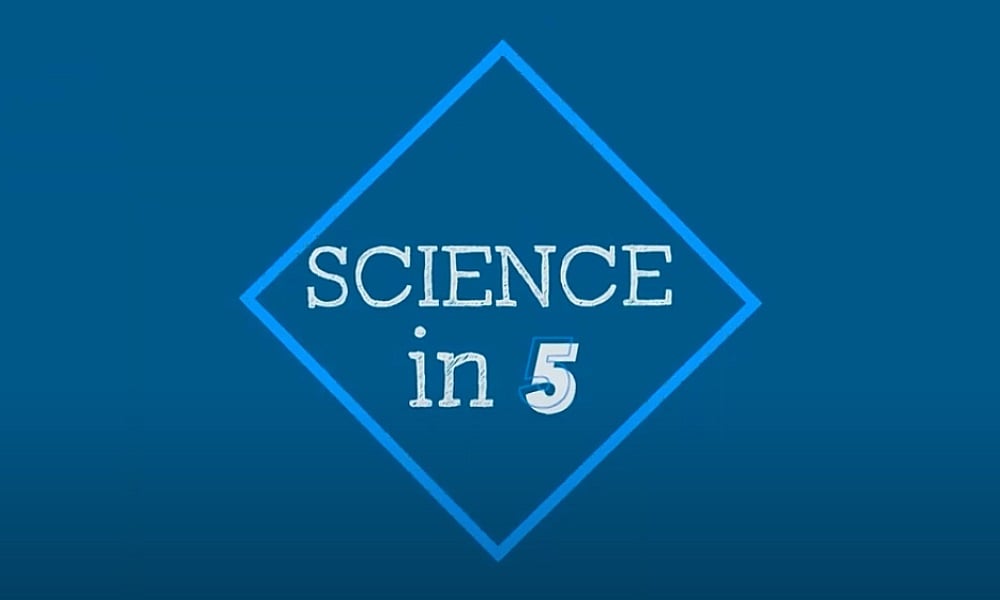Episode #81 - Public Health Emergency of International Concern
Alternative media
Transcript
VGS How does WHO decide that an outbreak or an event constitutes a Public Health Emergency of International Concern? And what actions does that trigger in countries? Hello and welcome to Science in 5, I'm Vismita Gupta-Smith and we are talking to Dr. Carmen Dolea today. Welcome, Carmen. Let's get started with how WHO decides that an outbreak constitutes a Public Health Emergency of International Concern.
CD Vismita, thank you for the question. In 2005, in the aftermath of the SARS outbreak, countries of the world came together to review the International Health Regulations, which is the legally binding instrument for the protection, prevention and response to public health events with risk of international spread. In accordance with this instrument, countries agreed to notify WHO when an event responds to two out of four questions which are: Is the event unusual? If it has a significant public health impact? Does it pose a risk of international spread and does it pose the risk of international travel restrictions?
Based on these notifications from countries for certain events, the Director-General convenes a group of experts, internationally known experts, on that particular disease, which is called the Emergency Committee, to seek their advice. And this committee of experts reviews the evidence and provides their views to the Director-General in response to three main questions: Is the event extraordinary? Does it pose a risk to other states through the international spread? And does it require a coordinated international response? the Director-General reviews all the information, and makes the determination whether the event constitutes a Public Health Emergency of International Concern.
VGS Carmen, what actions does that trigger in countries?
CD Based on the advice of the Emergency Committee, once an event has been determined to constitute a Public Health Emergency of International Concern, the Director-General issued a set of recommendations to countries for actions aimed at saving lives and protecting livelihoods of the population affected.
These actions may include, for example, increased surveillance to identify new cases, isolation of cases and quarantining of contacts, for example, measures at borders, airports, ports or points of entry for screening, communicating risk to the population about the disease, communicating additional protective measures that individuals can take, and also potentially additional research that may be required to develop treatments or vaccines if there are none existing yet. These measures are regularly reviewed and their main aim and purpose is to control the outbreak at source or minimize its further international spread.
VGS So, Carmen, how does WHO decide, when and how does it decide that an outbreak no longer constitutes a Public Health Emergency of International Concern?
CD Since the revisions of the International Health Regulations in 2005, there were seven events which were determined to constitutes a Public Health Emergency of International Concern. These included H1N1 influenza outbreak in 2009, the Ebola outbreak in West Africa, the polio outbreak in the context of polio eradication, the Zika virus outbreaks and associated neurological complications and more recently, the COVID-19 and the monkeypox multi-country outbreak.
For the event that constitutes a Public Health Emergency of International Concern, based on the evolution of the situation, the Director-General reconvenes the Emergency Committee to seek their advice on the Does the event still constitute an unusual or unexpected event? Does it still pose a risk to other countries through the international spread? And is the international coordinated response still required based on the assessment and the views of the Emergency Committee and additional information from the affected countries. Then the Director-General makes the final determination to terminate or to continue the Public Health Emergency of International Concern.
VGS Thank you, Carmen. That was Science in 5 today. Until next time then, stay safe, stay healthy and stick with science.

